-
Last updated on
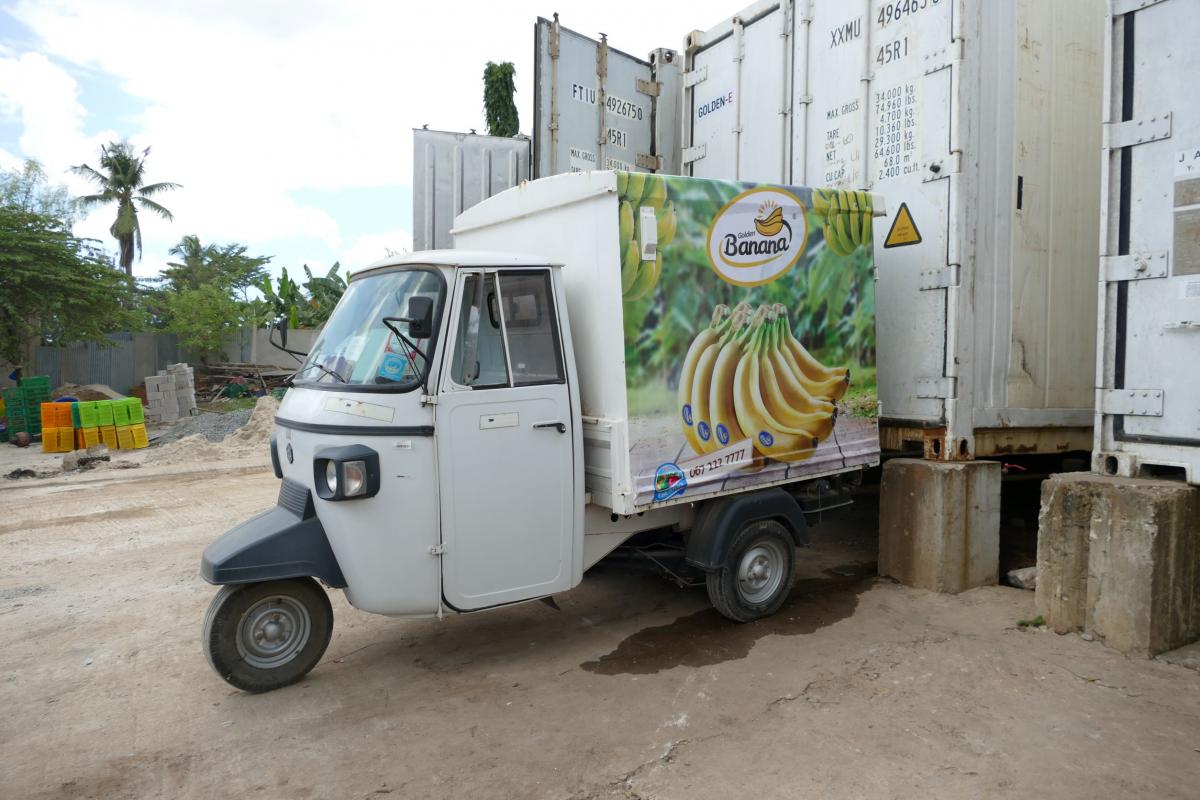
With this truck, East Africa Fruits collects bananas from the farmers. © Rikolto
2021 was declared the International Year of Fruits and Vegetables by the UN. As such, the UN Food and Agriculture Organization (FAO) is aiming to draw attention to the fact that fruit and vegetables are an indispensable part of a healthy diet. After all, they are an important source of vitamins, minerals and fibre, supporting our immune systems. They also help prevent colon cancer and heart disease, among other things.

Yet we still see fruit and vegetables on the menu far too little. This is why the FAO wants everyone to have more access to high-quality fruit and vegetables. This also contributes to the achievement of the Sustainable Development Goals (SDGs), more specifically SDG2 (no hunger) and SDG3 (good health and well-being).
The FAO also believes that far less food should be wasted. It is aiming to support small farmers in growing more and better fruit and vegetables, in as environmentally friendly a way as possible and at a fair price. Interestingly, fruit and vegetables also yield more than other crops such as cereals. The International Year is therefore also helping advance some other SDGs, such as SDG1 (no poverty), SDG8 (fair work) and SDG12 (responsible production and consumption).
Inefficiënte voedselketen
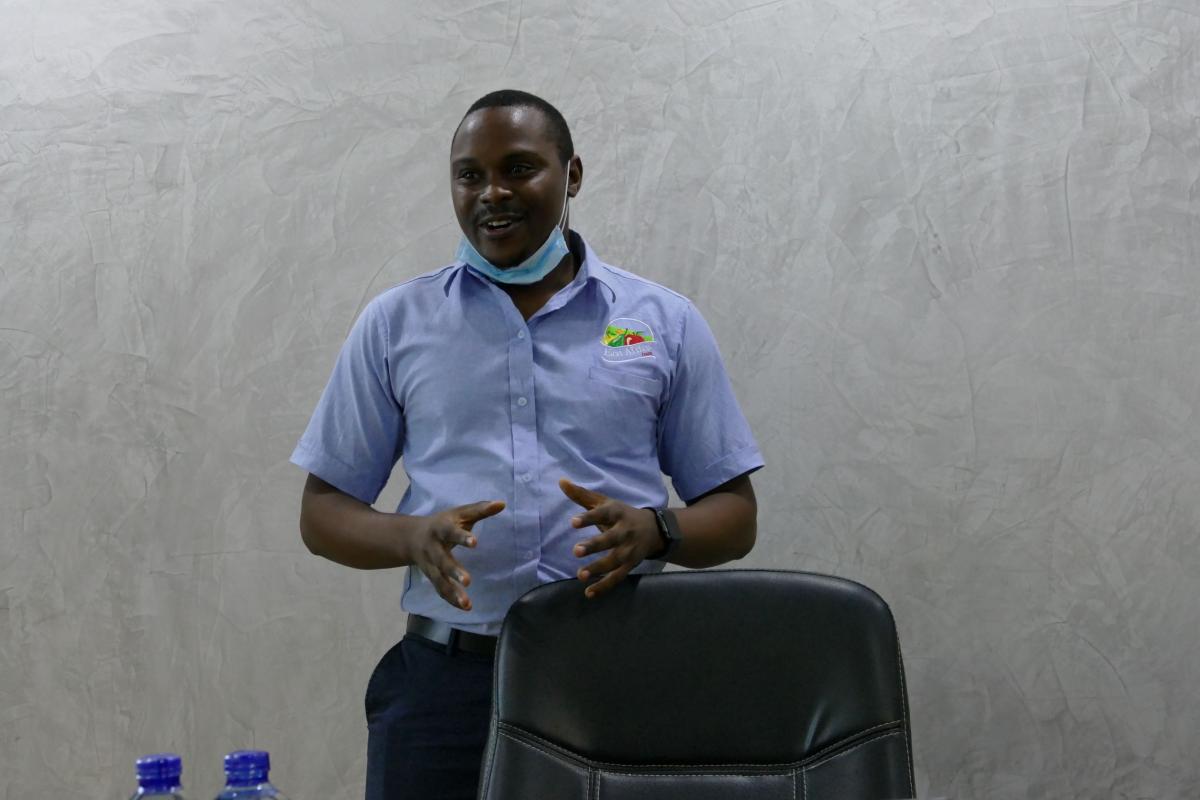
Tanzanian entrepreneur Elia Timotheo, ceo of East Africa Fruits. © Rikolto
Inefficient food chain
Also the Belgian Development Cooperation is striving for more sustainable food systems, including through an agro-ecological approach. Some of its partners are focusing on fruit and vegetables.
The Rikolto NGO, for example, is supporting Tanzanian entrepreneur Elia Timotheo. With his company East Africa Fruits, he is aiming to address precisely those shortcomings that the FAO is highlighting in this International Year.
Small farmers in rural Tanzania often have poor access to markets. Often, they have no choice but to sell their products to buyers at too low a price. Moreover, up to 40% of the crops are lost in Tanzania on the farm itself, during transport and at the market. Consumers often – unknowingly – buy unsafe food, due in part to poor farming practices and inadequate transportation.
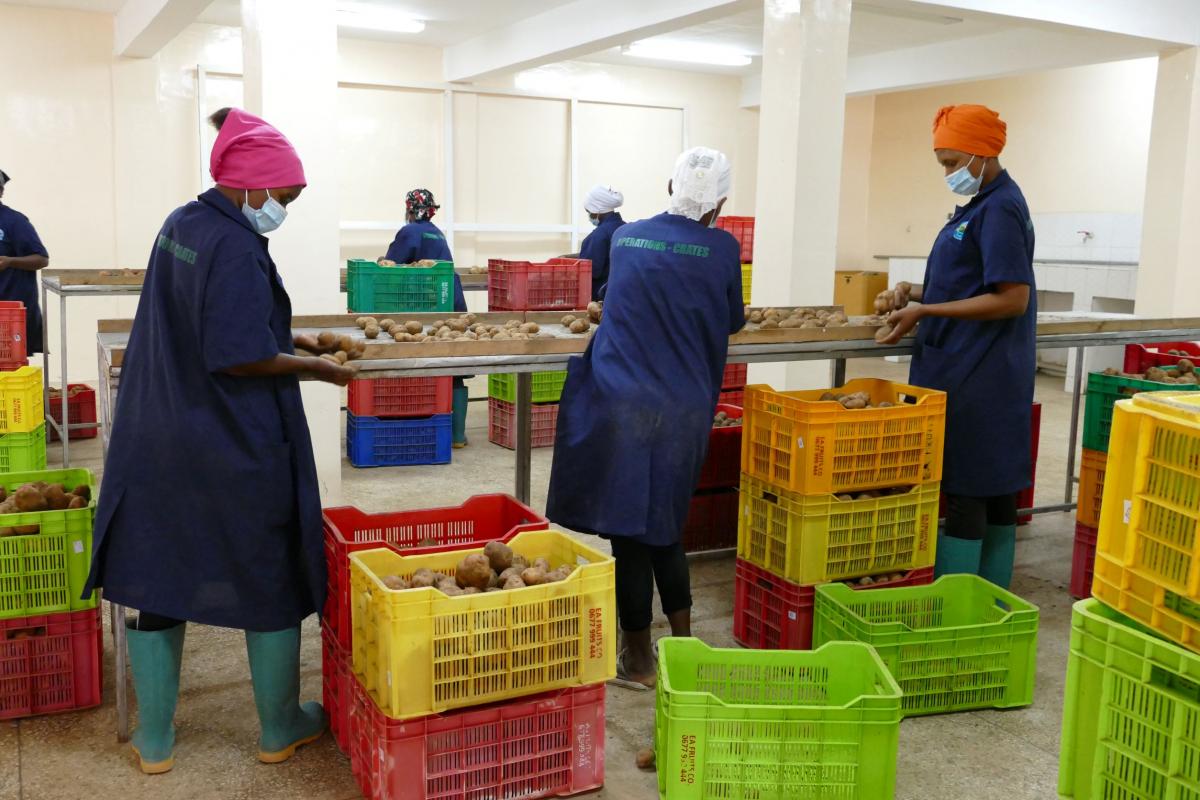
At the collection centres, the products are sorted, processed and packaged in a clean and safe manner. © Rikolto
From collection centres to Dar es Salaam
With his company, entrepreneur Timotheo is aiming to offer a solution to all these problems, more specifically by creating a direct link between the small farmers and the market in the economic capital Dar es Salaam. East Africa Fruits picks up the fruit and vegetables from the farmers in a lorry and brings them to a collection centre. There, the products are sorted, processed and packaged in a clean and safe manner. The member farmers also receive monthly training to increase their productivity and quality and to learn more sustainable techniques.
From the collection centres, it then goes to the company's main department in Dar es Salaam. There, everything is distributed to hotels, restaurants, wholesale buyers and market vendors. This offers a huge advantage to informal street vendors. After all, they no longer need to go to the big public market and the products are even delivered to their homes. This saves them hours of time. Moreover, they can be sure of the quality from East Africa Fruits. As a result, the residents of Dar es Salaam are also receiving safe and high-quality fruit and vegetables.
More efficient thanks to data
East Africa Fruits also keeps meticulous records of the data from farmers and sellers. One of the aims of this is to better estimate future production volumes. For farmers and street vendors, the numbers show that they are reliable entrepreneurs. This should help them to get a loan from a bank if they want to invest more in their business.
Rikolto is also using East Africa Fruits' services in other projects. From now on, for example, 384 farmers along the Pangani River will be able to sell their tomatoes and onions to the company. They will be guaranteed a fair price for them.
By focusing on a shorter, fairer chain and more sustainable farming practices, farmers will have a better income and city dwellers will enjoy high-quality fruit and vegetables.
More on People
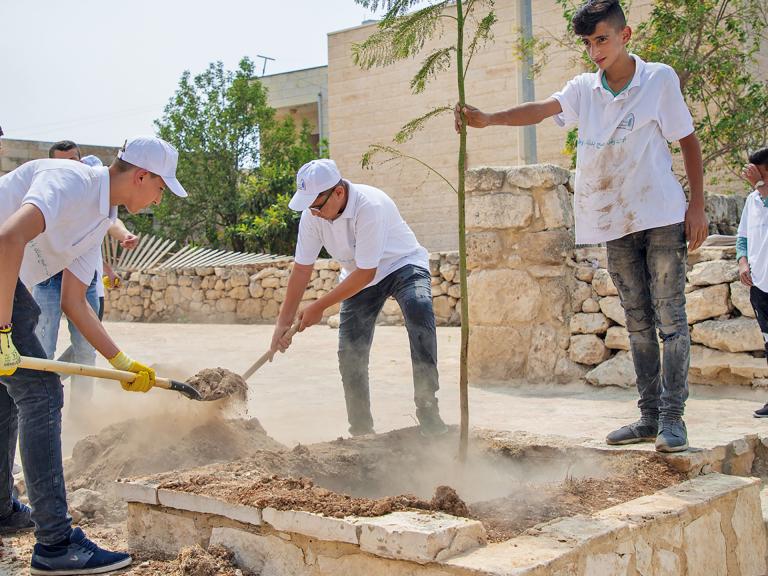
Sustainable cities for a sustainable world
By 2050, 70% of the world's population will live in cities. That is why the Belgian development agency (Enabel) is working in it...
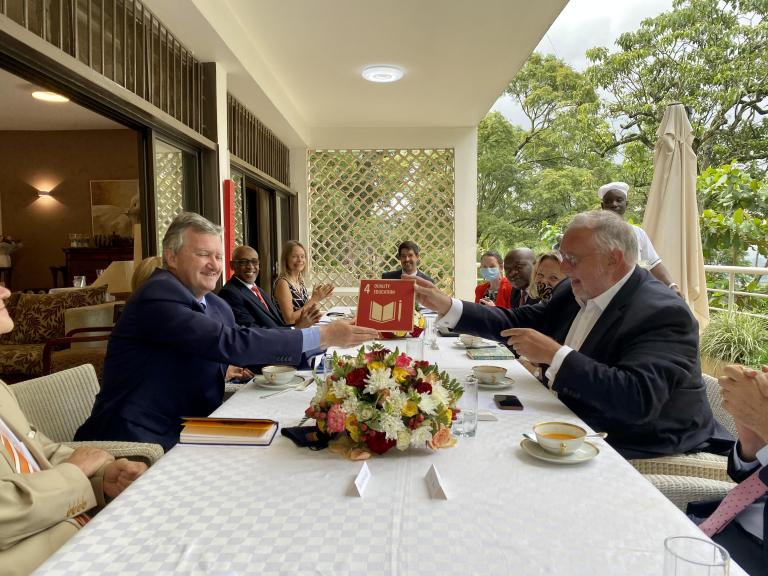
Team Belgium at work for SDG 4
Team Belgium - the Belgian embassy and the Belgian organisations VVOB and Enabel - was at the helm of the Education Development ...

Equal rights for LGBTIQ people, an ongoing battle
In Belgium, it is a top priority to combat all forms of discrimination, including anti-LGBTI discrimination.
